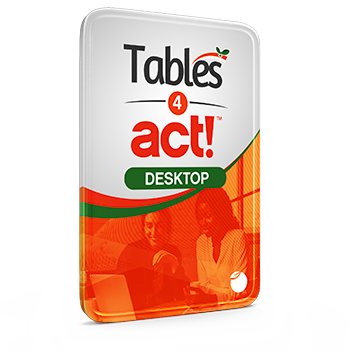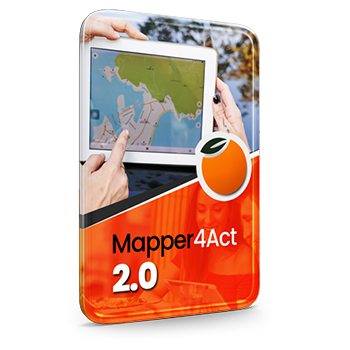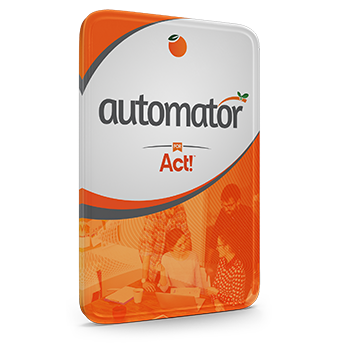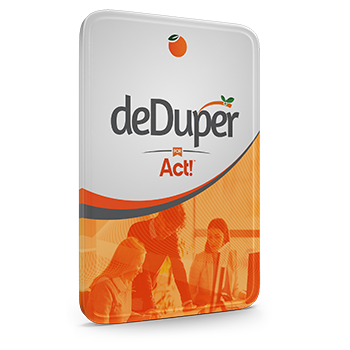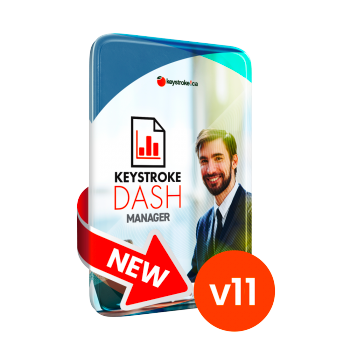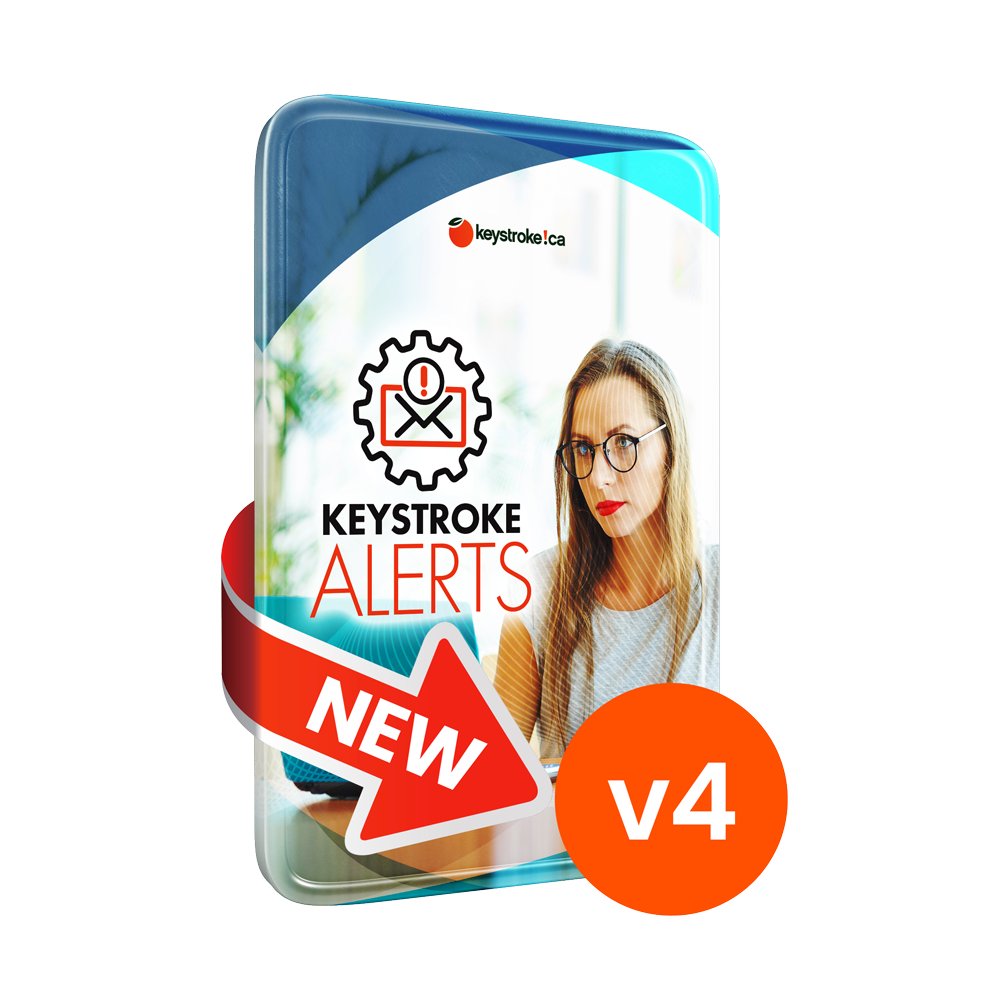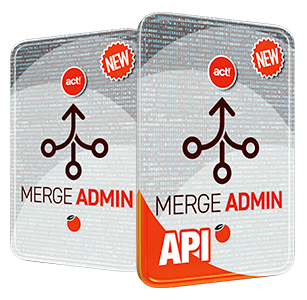With the release of Qsales Classic v14, customers looking to purchase Qsales for their business now have a much tougher choice in deployments - API or Classic. The latest version of Qsales Classic closes the feature gap between the two versions as now both can create & edit transactions within Act!, and do the same for customers and vendors. And with features like reporting and improved searching added to Classic v14, the only visible difference between the two versions would seem to be deployment type.
From a feature standpoint, this is mostly true now, but there are still significant reasons to choose one over the other. The following represents the main considerations to choose either API or Classic for your business:
Qsales API should be chosen under these circumstances:
- Bitness: your QuickBooks and Act! versions are not the same bitness. In other words, if one is 64-bit and the other 32-bit. If you're not willing to upgrade one to match the bitness of the other, the API version is the only option.
- Remote users: your remote users do not come into the office much (or at all), and they need to create & edit transactions, customers, or vendors away from the office. Classic users can read this data, but only API users can create or edit them.
- Bigger teams: while API is more involved to setup, it provides a lot more flexibility for larger teams. You're able to control who needs QuickBooks installed, who can work inside or outside the office, and the setup for each user would be simpler since they're all connecting to the same API address. Setting up Qsales Classic on many workstations with both Act! & QuickBooks might seem less complex, it may end up being more work in the short & long run. For example, a large team setup of Qsales Classic would not only require both programs to be installed on every workstation, they'd also need to be maintained with the same updates, as well. This means all Act! & QuickBooks patches or version upgrades would have to be applied on every workstation, every time.
- QB licensing: if you'd like to limit your QuickBooks licensing to the accounting personnel only, and not have to pay for a QuickBooks license for all Act! users. As Qsales provides strictly transactional details, and does not include details on the chart of accounts, bank balances profit & loss, trial balance, and other such accounting details, most business owners don't feel transactional details in a CRM should justify the cost of a QuickBooks license for all users.
* To better understand the difference between QuickBooks and Qsales data, please read Why Qsales users still need QuickBooks, they just need it less
Security: Sometimes it's not about saving money on QuickBooks, as many business owners don't wish to provide all their users' accounting access just to see a customer's purchase history. The API version provides fully configurable user-security, and allows admins to suppress features like the Global Transaction list and other features. Classic has no configurable user security.
Qsales Classic should be chosen under these circumstances:
- Bitness: your QuickBooks and Act! programs are the same bitness (32 or 64-bit)
- Multiple data files: you'd like to work with multiple QuickBooks or Act! data files. Since Qsales Classic links the programs and not the data files, it offers a bit more flexibility in working with multiple data files
- Ease of setup: The most complicated part of the Qsales API setup is configuring and managing the API. There are other details like user security, but the initial configuration of the API in a network or workstation environment can be tricky. This is why we only offer trials of the Classic version. The Classic version has a simple 7-step setup wizard and requires little technical support for most users. What's important to note is that Classic users can switch to an API deployment at any time if their needs change because the data format is the same between the two versions (Qsales 12.x versions are older are excepted).
- Smaller teams: if you have a small number of users. Teams of 1-3 users typically don't require the complexity of an API setup, and normally have QB licenses for each user already in place.
- Security: the security in Classic is controlled mostly in the QuickBooks user setup.
- Tighter program integration: If your users need to select a transaction in Act! and pivot over to the same transaction in QuickBooks, this is only supported in Classic v14 since API users don't need QB installed locally.
- Unsupported versions: While Qsales Classic v14 and Qsales API v13 have similar system requirements, legacy users with older versions either QuickBooks or Act! can use Qsales Classic 12.x to link their unsupported programs. Qsales Classic 12.x has much fewer features compared to the newer versions of either Classic or API, but it is still an excellent option for users with QuickBooks or Act! v18 or older.
Please click HERE to review a feature comparison chart between Qsales API and Classic v14.
Choice is always good for business, and different businesses have different needs, so we're delighted to provide Act! users with more choices with the release of Qsales Classic v14. Give it a trial today, and see if understanding your contacts as customers helps your team Act! better.


